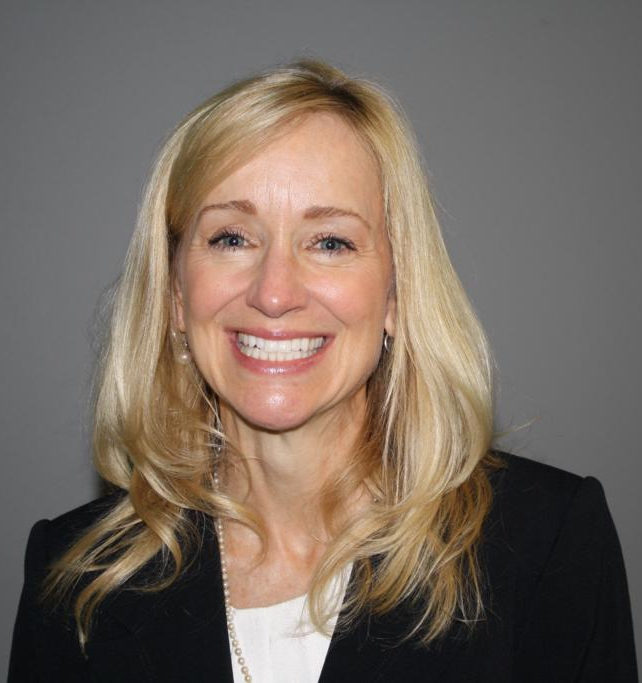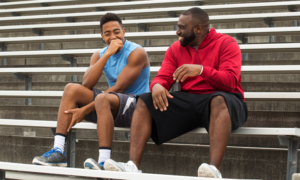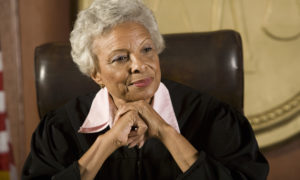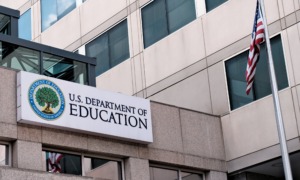
Antonio Guillem/Shutterstock.com
.
In a perfect world there would be a mentor for every teen who wanted one. There would be more for those teens who didn’t know the positive impact a mentor could have in their lives. In our imperfect world, thousands of youth sit on waiting lists for mentors through organizations like Big Brothers, Big Sisters. Enter the untapped potential of utilizing high school students as mentors.
Picture yourself at 13. Who was the biggest influence on you? Did you look up to older students at school or in your neighborhood who seemed grown-up and cool? Studies on youth development show that parents remain the number one influence over their children before the age of 18 but peers are likely second and if you ask teens, they will likely say their friends or school peers are number one.
Imagine a mentoring program that taps into the magic of trained student mentors who are just a few years older than the mentees. Designed by FRIENDS FIRST, Inc., STARS is the premier evidence-informed, peer-to-peer mentoring program. STARS stands for Students Teaching About Relationships and Success. The program has the ability to reach all teens with tools, education and positive role models to help them develop healthy relationships and have successful futures.
 FRIENDS FIRST implements this unique model primarily through schools. High school students are recruited, apply to be mentors, agree to guidelines appropriate for role models while mentoring and receive an initial six-hour training. They meet weekly with a program coordinator who is an employee or contractor for FRIENDS FIRST. During their weekly meetings they share what’s happening in their lives with other mentors during high/low time. They prepare for the mentee meetings, too, and for upcoming projects or activities such as their community service project and public service announcements.
FRIENDS FIRST implements this unique model primarily through schools. High school students are recruited, apply to be mentors, agree to guidelines appropriate for role models while mentoring and receive an initial six-hour training. They meet weekly with a program coordinator who is an employee or contractor for FRIENDS FIRST. During their weekly meetings they share what’s happening in their lives with other mentors during high/low time. They prepare for the mentee meetings, too, and for upcoming projects or activities such as their community service project and public service announcements.
They are matched with a small group of mentees (one to four) after a four-week process that allows STARS participants to get to know each other and identify which students seem like a good fit for the mentee groups. These mentees then meet with them weekly to build relationships through conversations and sharing (more high/low time), activities designed to encourage self-awareness and future-focus and ultimately encourage them grasp the beauty of MentorLife™. MentorLife is the term FRIENDS FIRST uses when students decide to continuously invest in another person as a mentor and, in turn, always have a mentor investing in them throughout their lives.
So you’re thinking of trying out a mentoring program and you wonder how you might go about recruiting students to serve. Having a school counselor or social worker or a lead teacher/administrator who is looking for a program for his/her students to be involved in helps. Those school leaders know their students and the needs of the school community. Seeking their support in creating an open door for you to enter and reach out to potentially interested youth is huge.
Once in, remember that teens like to eat. Bring food and either get permission to have an information table during lunches or make quick presentations to various classes where you share your program and the benefits of being part of it. There are many high school students who haven’t yet been introduced to their own leadership potential.
Students as mentors gain a lot during their tenure with STARS. The opportunity to positively influence another person does things for the soul that cannot be quantified. Being believed in as a mentor is soul-food. Practically speaking, time spent in the STARS program adds up as volunteer hours, and high schoolers need these to graduate and apply to colleges. How much better to spend those volunteer hours in meaningful relationship-building activities than just taking tickets at the door for the next school play?
OK, so once you get students interested in your mentoring program, how do you keep them? Best practices in mentoring says that mentoring relationships broken before about nine months can do more harm than good in a mentee’s life. Ensuring commitment with teens goes way beyond a signature on a page and certainly beyond them getting parental agreement for participation.
Weekly contact is essential, showing and telling them you believe in them to be mentors is required, and providing a platform for them to share their gifts and talents with the group can make all the difference. One example is that we ask the mentors to provide a miniclass on how to do one of their healthy outlets. It could be drawing, journaling, dancing, juggling, cooking, spoken-word, photography or any other individual talent. Involve them and they feel valued and stay involved.
Mentors in STARS are invited, through grant scholarships, to participate in the annual Summer Mentor Leadership Training, a four-day event on a college campus. Mentors participate in activities, competitions, workshops, family groups (students from their school/program) and community groups (students from all groups, states, programs). They live in dorms, eat in the dining hall and get a taste of what college life is like. This event gives them 32 hours of additional leadership training. Some compete to be on the youth staff and get to run the conference as leaders for the other students.
Mentors who are looking for work can use this experience. Mentors applying for higher education can certainly count their time and role in STARS. Some of the students in Denver have received rare and extensive scholarships to college such as the Daniels Fund. Experiencing what it’s like to invest in people and build community and then go out and serve the larger community creates lasting results. Studies show that students with mentors are 65 percent more likely to volunteer in their communities.
The mentors experience a dual impact. They are being mentored by the program coordinator and are also mentoring. The mentees reported at a 91 percent rate that participating in STARS made them feel like they can succeed. They also reported at 88 percent that they want to work harder in school after being in the program.
It’s hard to argue with that level of impact. Less tangible but equally important are the number of students who gain the social support … a place to belong. Having this place to find safety and belonging is more often than not the reason some students come to school at all.
FRIENDS FIRST is also equipped to license and provide technical support and training to youth-serving organizations, schools and community groups to implement the STARS program wherever you are. We have partners in 10 states currently.
Andy Matott is project director for FRIENDS FIRST, Inc., a nonprofit with a 25-year history of serving teens with tools, education and positive role models. She has spent her life working on behalf of youth, both in the classroom or behind the scenes.































